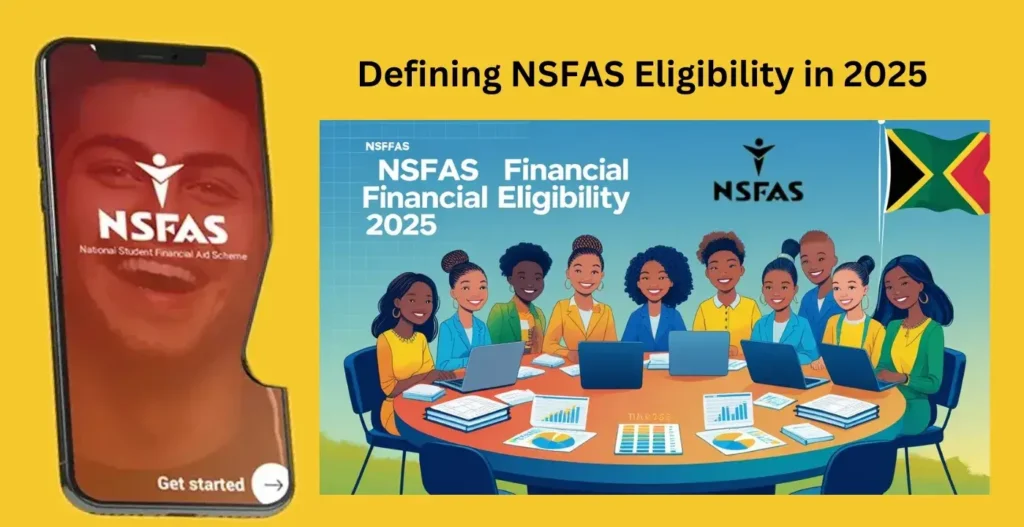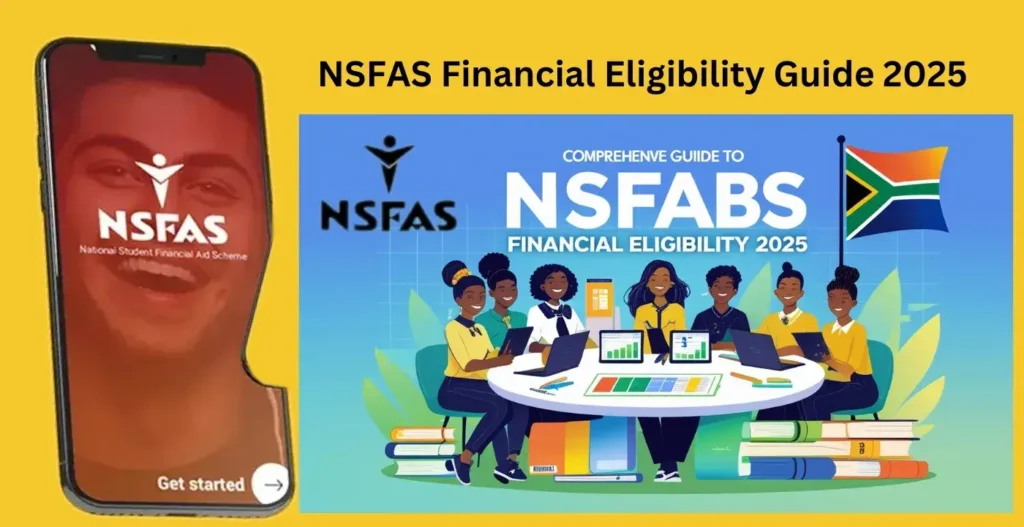In South Africa, the National Student Financial Aid Scheme (NSFAS) represents a crucial lifeline for academically capable students facing financial constraints. This comprehensive guide explores what it means to be eligible for NSFAS support in 2025, detailing the qualification criteria, application steps, and essential information for prospective applicants.
Table of Contents
Defining NSFAS Eligibility in 2025

NSFAS eligibility encompasses meeting specific requirements that determine whether a student qualifies for financial assistance. These carefully designed criteria aim to channel resources toward students with demonstrated financial need. When approved, recipients gain access to comprehensive funding that addresses various educational expenses, allowing them to concentrate on academic achievement rather than financial worries.
The fundamental objective behind these eligibility standards is to ensure equitable distribution of limited resources and to verify that funds serve their intended purpose: supporting academically promising students who would otherwise be unable to access higher education due to financial limitations.
Why Applications May Be Declined
Despite many students qualifying for NSFAS support, certain factors can result in application rejection:
- Household Income Above Threshold: Applications from families earning more than R350,000 annually typically don’t receive approval
- Insufficient Academic Results: Students failing to maintain satisfactory academic standards at their institutions risk losing eligibility
- Documentation Issues: Submitting incomplete, inaccurate, or missing required paperwork can lead to disqualification
Prospective applicants should thoroughly review these potential pitfalls before submitting their applications.
NSFAS Funding Significance
Access to NSFAS funding represents a critical opportunity for financially disadvantaged South African students pursuing higher education. Successfully meeting the requirements and completing the application process opens doors to comprehensive educational funding. Through NSFAS support, financial obstacles can be surmounted, creating pathways to educational advancement for South Africa’s future leaders.
Frequently Asked Questions
What constitutes funding eligibility with NSFAS?
Funding eligibility means satisfying specific criteria to qualify for financial support, including South African citizenship, household income below established thresholds (R350,000 generally or R600,000 for applicants with disabilities), and enrollment or intention to enroll at a public university or TVET college.
What does “assessing financial eligibility” mean in my application status?
This status indicates NSFAS is currently reviewing your financial documentation to verify your household income falls within qualifying limits. The evaluation focuses on the financial information you’ve provided to determine if you meet the income requirements.
How will I be notified about my funding approval?
You can monitor your funding status through your myNSFAS online account. Upon approval, your status will update to “funded” and you may receive notification via email or SMS. Your educational institution may also communicate NSFAS funding approval to you.
What action should I take when my status shows “funding eligible without admission”?
This status indicates you qualify financially for NSFAS support, but your enrollment at an educational institution hasn’t been confirmed. You should contact your chosen institution about your admission application status, as NSFAS can only disburse funds once your admission is confirmed.
Who meets NSFAS qualification requirements for 2025?
To qualify for 2025 NSFAS funding, applicants must:
- Be South African citizens or permanent residents
- Come from households with combined annual income not exceeding R350,000 (or R600,000 for applicants with disabilities)
- Be enrolled or planning to enroll at a South African public university or TVET college
- Pursue an undergraduate degree or designated priority program (such as STEM fields)
- Maintain acceptable academic performance (for returning students)

